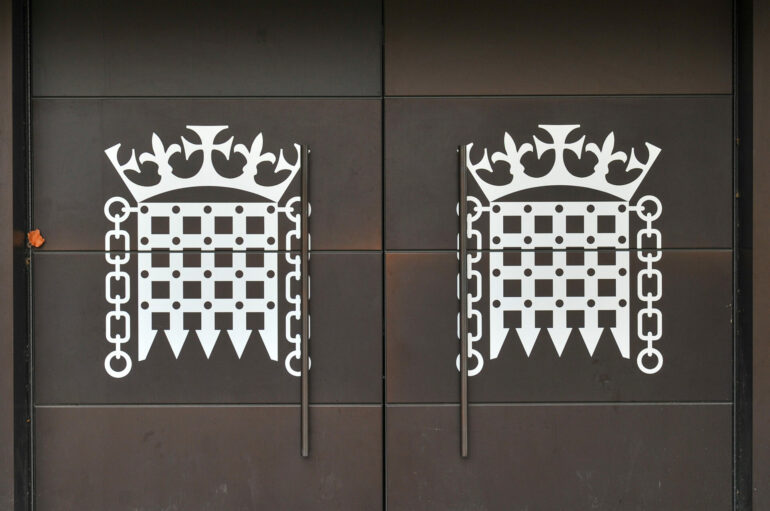The UK economy is veering closer to recession, with Chancellor Rachel Reeves’ Spring Statement confirming “conditions are worsening” and government policies are actively “making it harder, not easier, to grow,” according to Nigel Green, CEO of financial advisory giant deVere Group.
Speaking after Wednesday’s fiscal update, Green accused the government of undermining business confidence despite its pro-growth rhetoric, pointing to rising taxes, increased employment costs, and a growing regulatory burden as threats to business investment and hiring.
“The government talks a good game on growth, but it’s making life harder for the very businesses it needs to deliver it,” said Green. “Firms are being asked to shoulder higher taxes and rising wage costs, while contending with fresh employment rules that make operations more complex and costly. It’s a punishing environment for growth-minded businesses.”
The Spring Statement confirmed that the Office for Budget Responsibility has slashed its 2025 growth forecast from 2% to around 1%, echoing recent downgrades from both the Bank of England and the OECD. Business leaders, including Green, say these revisions reflect the deteriorating climate they have warned about for months.
Although headline inflation dipped slightly to 2.8%, the Bank expects it to rise again through 2025. With interest rates still elevated and borrowing exceeding expectations, the Chancellor’s £9.9bn fiscal buffer has already been exhausted, limiting the government’s room to manoeuvre.
In response, ministers are preparing to scale back spending, with departmental budgets capped at annual growth of just 1.3%, benefits expected to be trimmed, and 10,000 civil service roles potentially cut.
“The result is a fiscal stance that doesn’t dare speak its name—but walks and talks like austerity-lite,” said Green. “It’s a slow squeeze disguised as prudence. But squeezing harder when growth is already weak is a recipe for stagnation.”
The Government’s pro-deregulation stance was also called into question. “Beyond some long-overdue trimming of outdated rules, little has been done to materially reduce the pressure on employers. In fact, many are now facing increased legal obligations and compliance costs that cut into productivity,” said Green.
“There’s nothing radical here. Labour’s deregulation agenda only looks bold because of how little progress there’s been in the past. This isn’t a wave of liberalisation—it’s more like quiet tinkering. Meanwhile, the policies that have been bold—on tax, wages, and employment law—are actively holding back growth.
“The gap between rhetoric and reality is growing. Despite promises to back business, Labour’s policy environment is becoming more expensive, more complex, and less competitive.”
He warned that “the current trajectory” is increasing recession risks “by the day” and called for a “reset” to restore economic confidence and enable growth.
“What we need now is a reset—one that backs businesses to invest, hire and expand. That means less tax, less drag, and a genuine shift in priorities.”
As firms prepare for policy changes coming into effect in April, Green said “a slow grind is already underway”—one that could tip into a full-scale downturn without decisive intervention.
“It’s time for serious economic leadership,” he said. “That means facing the consequences of these policies head-on and putting private enterprise back at the centre of the recovery. Growth won’t return on its own—it has to be enabled.”




